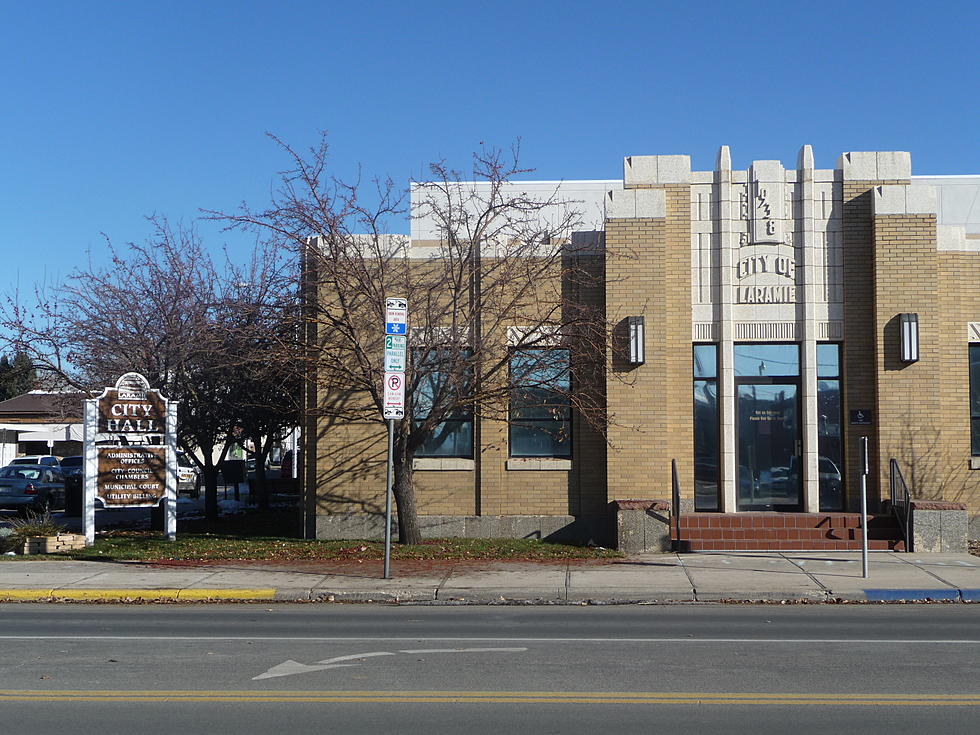Latest Wyoming News
CHEYENNE, Wyo. (AP) — The Wyoming Game and Fish Department is evaluating whether the Northern Arapaho Tribe would need state permission to kill bald eagles outside the tribe’s reservation.
Game Department Director Scott Talbott says he can’t say how long it will take his agency to decide the issue.
The U.S. Fish and Wildlife Service last month gave the Northern Arapaho the nation’s first permit allowing the killing of bald eagles for religious purposes.
The permit specified the Arapaho must kill the eagles outside the Wind River Indian Reservation. The Arapaho share the reservation with the Eastern Shoshone, who oppose killing eagles there.
The Northern Arapaho Tribe filed a complaint last week calling the federal permit a sham because it limits killing to outside the reservation, where eagles generally are protected under state law.
BILLINGS, Mont. (AP) — Dozens of wild mustangs from the Pyror Mountain Wild Horse Range along the Montana-Wyoming border are slated to be removed this year to reduce the size of the famous herd.
The federal Bureau of Land Management on Wednesday announced approval of a roundup that would reduce the 170-horse herd to 120 or fewer animals.
The agency says the roundup is needed to keep the horses from overgrazing their 38,000-acre range — the nation’s first wild horse preserve.
The horses in the Pryors are said to be descendants of animals brought to the New World centuries ago by Spanish conquistadors.
Some horse advocates had pushed for greater use of fertility control drugs as an alternative to roundups. Wednesday’s decision is subject to a 30-day appeal period ending May 3.
BILLINGS, Mont. (AP) — Montana livestock officials are proposing an expansion of an animal disease zone around Yellowstone National Park after finding elk that were exposed to brucellosis.
The proposal would require cattle producers south of Dillon to ramp up herd vaccinations and take other precautions to guard against livestock infections. The area west of Yellowstone has an estimated 28,000 cattle.
Other states have imposed trade sanctions on Montana when brucellosis has gotten into cattle. But recent changes in federal regulations have lessened the sanctions when infections occur.
State veterinarian Marty Zaluski says the expansion is needed to demonstrate to other states that Montana is addressing the disease. About 46,000 cattle already are in the zone.
Brucellosis can cause pregnant animals to miscarry. It has been eradicated nationwide but persists in Yellowstone’s wildlife.
CHEYENNE, Wyo. (AP) — Wyoming continues to monitor slumping natural gas prices that officials say threaten to cost the state millions in lost tax revenues.
The Wyoming Tribune Eagle reports that natural gas prices averaged $2.10 per thousand cubic feet at the Opal Hub in western Wyoming through the first few weeks of March. That’s down from $2.52 in February. This time last year, gas prices averaged nearly $3.80 per thousand cubic feet.
The current price is far below the $3.25 per thousand cubic feet average price that the state predicted in January for this year.
Bill Mai is budget and fiscal manager with the Legislative Service Office. He says every one-dollar decline in natural gas prices costs the state about $114 million a year in lost tax revenues.
More From KOWB 1290








